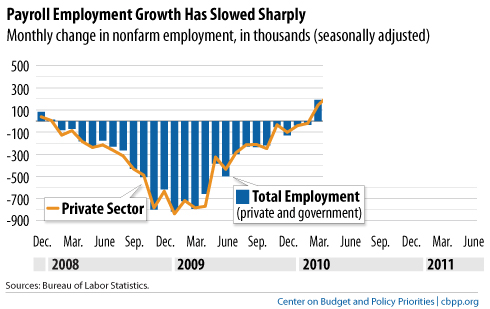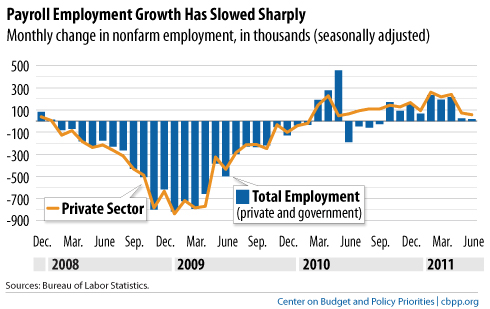Have you ever notices how "partisan bickering" seems to be defined asymmetrically? In most of the media, when such a term is used, it generally means "folks trying to reduce the size of the state have gotten uppity of late." We have just such an example here in Phoenix:
A non-profit organization created by a former spokesman for the Phoenix Mayor's Office is bankrolling the political committee aiming to recall Phoenix Councilman Sal DiCiccio.
The group, Protect Voters' Rights, has contributed $50,000 to the anti-DiCiccio group called Save Phoenix Taxpayers, according to campaign-finance reports filed with the Phoenix city clerk. The contributions from Protect Voters' Rights make up all but $100 of the funding Save Phoenix Taxpayers reported earning since the group formed to launch its recall campaign against DiCiccio in April.
Scott Phelps, a retired Phoenix employee who served as the spokesman for four different mayors during his 19-year tenure, said he formed Protect Voters' Rights to protect the city from being destroyed by partisan politics.
"One of the things I find discouraging and destructive is the rush by folks to make city government more like Congress and the state Legislature," Phelps said. "I can't think of a single soul who looks at the partisan bickering there and says we can use a little more of that at City Hall."
The latter statement is telling, as it seems to be in response to Republican and Tea Party influence in Congress since the last election. Phelps longs for a return to one-party (Democratic) rule, and for him "bickering" means any sort of political opposition to his agenda, which seems to be the continued growth of government size and power.
DiCiccio is certainly a hell-raiser. Most recently, he has complained about the mayor's back-door efforts to slip large pay raises for city workers into the budget, despite the ongoing recession that has hit city finances hard. Further, he has suggested that private enterprises might be able to do things, like maintenance, janitorial, or clerical work, cheaper than government employees. It is this latter idea, which sounds good to me, which apparently puts him beyond the pale for agents of the state:
Save Phoenix Taxpayers received the first check because some of what DiCiccio has been doing is an example of what Protect Voters' Rights aims to fight.
Phelps specifically cited DiCiccio's lobbying of a bill during the last Legislative session that would have required Phoenix to competitively bid out city services that cost more than $250,000. Gov. Jan Brewer vetoed the bill.
"It's not the right thing to do to run down to the Legislature and try to get that group's leadership, which isn't being filled by the deepest thinkers that have ever held those positions, to impose the will of one or two council members on the entire city," Phelps said.
I will admit that seeking a state law to force Phoenix's hand is an odd approach, but the core objection here is not the odd legislative approach but the threat to government worker jobs. DiCiccio suspects the group is a front for government workers unions, and I think he is probably right. After all, it is extremely odd to see a group that nominally calls itself a good-government group shocked by the very idea of seeking competitive bids for city services.


